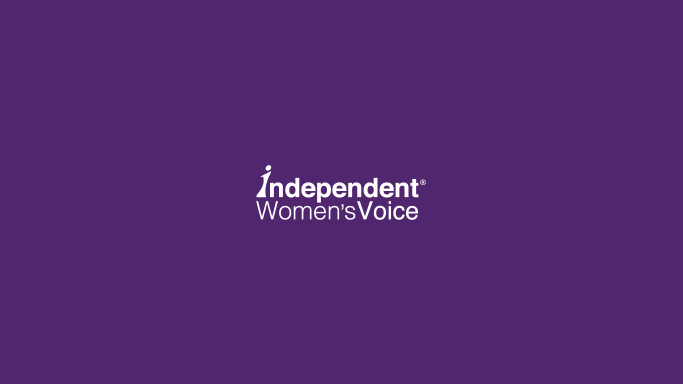Yesterday I blogged about the Washington Post’s efforts, in its lead front-page story, to massage the results of its latest opinion poll on Obamacare to make them more palatable to Post-reading progressives.
That poll–like all other recent polls–showed that more Americans (48 percent)–oppose the five versions of the president’s healthcare overhaul currently floating through Congress than support them (45 percent)–despite President Obama’s television blitz in September to try to sell his health vision to the public. The Post buried that negative datum low in its poll story, instead focusing on the 57 percent of respondents who responded “yes” to a poll question as to whether they’d support the “public option” dear to the hearts of progressives that involves setting up a government-run healthcare reimbursement system to compete with private insurance companies. The Post headline read: “Public Option Wins Support.”
Great news for progressives, right?
Well, maybe not so great, grouses Matthew Yglesias at the Daily Beast. That’s because the Post story also contained this proviso:
Independents and senior citizens, two groups crucial to the debate, have warmed to the idea of a public option, and are particularly supportive if it would be administered by the states and limited to those without access to affordable private coverage.
Administered by the states instead of the leviathan in Washington? Limited to the near-poor or those who can’t get affordable insurance because of pre-existing medical conditions? No! says Yglesias–we must have a public option for everyone, or else! And if you don’t support that, you’re either easily confused–that is, stupid–or the pollsters framed the question wrong. Yglesias writes:
The preference for a state-run plan seems to evince a lack of understanding of the policy issues. This might work well enough for large states like California, Texas, and New York. But a program that insures only a relatively small fraction of the population of a small state like Vermont or Montana might be too small to be viable. Insurance needs scale to spread risk. What’s more, state-based plans would, in most places at least, lack the leverage necessary to bargain effectively with providers, thus defeating one of the major motivations for creating a public option.
That’s because one of the purposes of the public option, says Yglesias, is to pay those evil greedy doctors less:
[S]uch a program could use its leverage to pay reimbursement rates to health-care providers that are modeled on Medicare’s rates. These are lower than what private insurance (which, being more fragmented, can’t bargain as effectively) pays and thus could save money and control costs.
So Yglesias concludes: Polls and public opinion, be damned!
This is a reminder, most of all, that public opinion polls tend to be unreliable when unfamiliar questions are asked. The public, moreover, isn’t composed of policy wonks. And the news sources most people rely on barely even try to explain policy specifics. Consequently, it would be exceedingly unwise for politicians to pay an undue amount of deference to poll results when outlining major policy measures. What will make health reform popular or unpopular at the end of the day will be whether or not people feel that it works for them. A public option should make reform work better, and that’s the best reason—both politically and substantively—to include one. Fragmenting it into state-by-state bits will make it work worse, and that’s the best reason not to do it that way. These programs won’t even be implemented until 2013 or beyond, by which point people will have long forgotten how they thought they felt about the various provisions back in the fall of 2009. At the end of the day, health reform that improves people’s lives will be popular, and reform that doesn’t won’t be.
Or maybe, “at the end of the day” Americans are a lot smarter than Yglesias thinks they are. Right now doctors are fleeing Medicare because Medicare’s reiumbursement rates are too low for them to make any money from treating elderly patients. How will healthcare reform “work better” and “improve people’s lives” when the public option becomes the only option? We may not all be elite “policy wonks” like Matthew Yglesias, but as even the Washington Post admits way down in its story, we don’t much care for Obamacare, period.

